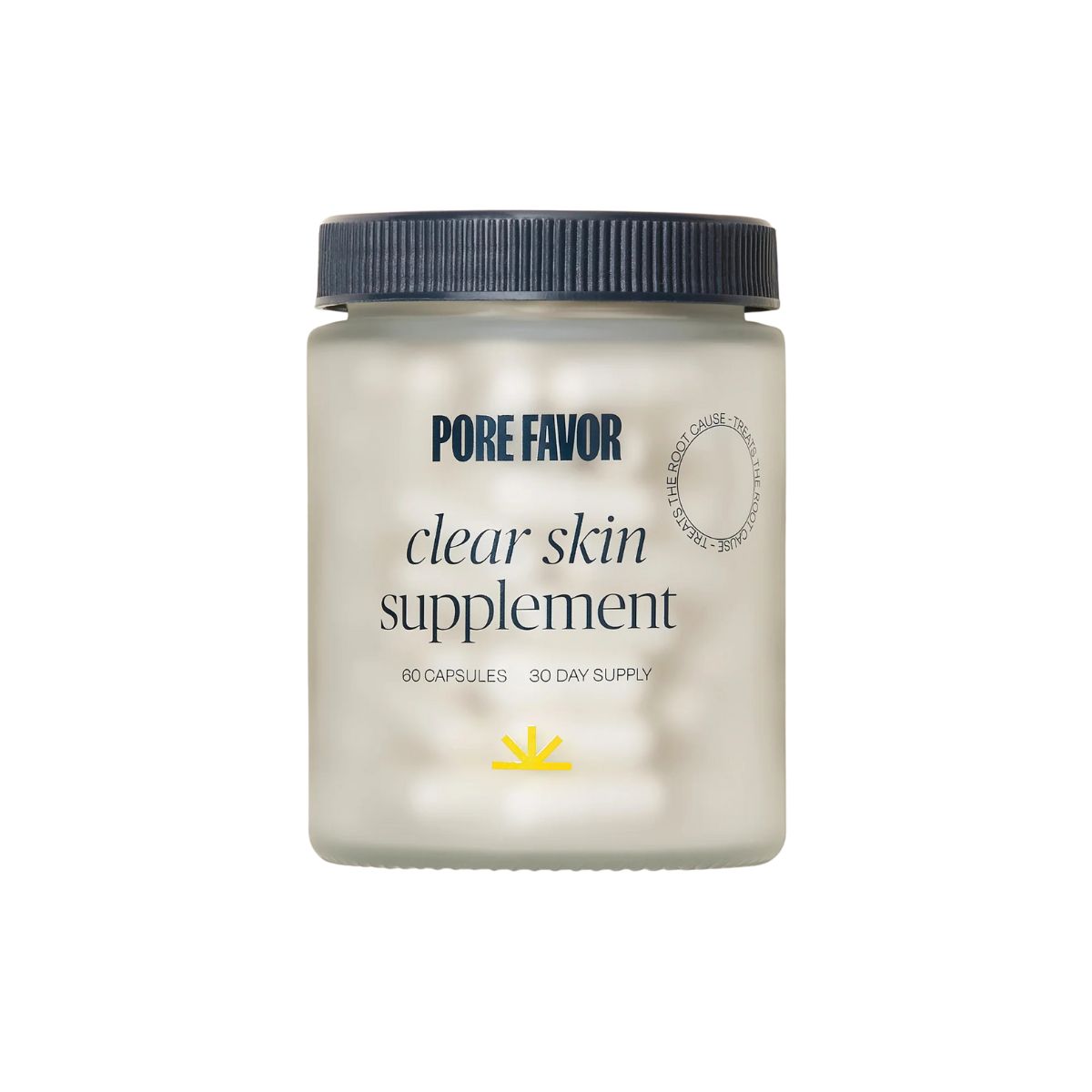Can You Really Supplement Your Way To Clear Skin? I Asked the Experts
It's time for GPs, dermatologists and nutritionists to debunk the marketing claims


Celebrity news, beauty, fashion advice, and fascinating features, delivered straight to your inbox!
You are now subscribed
Your newsletter sign-up was successful
I have spent most of my life on a quest to keep my spot-prone skin as balanced as possible, but the last few months it has been going through one of its most challenging phases yet. It started as a few stress-related breakouts that I could put down to some bouts of sleep deprivation and some unnervingly quiet periods as a freelancer, but quickly escalated into more persistent, inflamed acne that I hadn’t been faced with since my teenage years. After trying and failing to not only find the root cause, but also to find a solution (my carefully curated skincare routine just wasn’t cutting it) I decided it was time to try something new. And while I’ve always been incredibly sceptical (and also incredibly lazy) about the efficacy of supplements, when a dermatologist recommended that I add a targeted skin supplement into my routine I decided to go for it.
I’ve never really bought into the idea that clear skin can be achieved by taking a pill, as acne in particular is rarely the result of one clear-cut cause. Instead, it tends to be a rather messy web of hormones, lifestyle, genetics, stress, diet and our skincare routines. However, cautiously optimistic, I started taking the Advanced Nutrition Programme Skin Accumax (£48), targeted at “problem skin”, and noticed that over the following weeks, something started to shift. The breakouts eased up, the redness started to settle and the pigmentation began to fade. Slowly, slowly, my skin began to look like itself again, but I still couldn’t shift those seeds of scepticism. How much of this improvement was thanks to these supplements and how much of it was the result of my nightly commitment to retinol, getting more sleep, and taking steps to reduce the daily stressors in my life. After all, the beauty industry is notorious for overblown claims dressed up in shiny packaging.
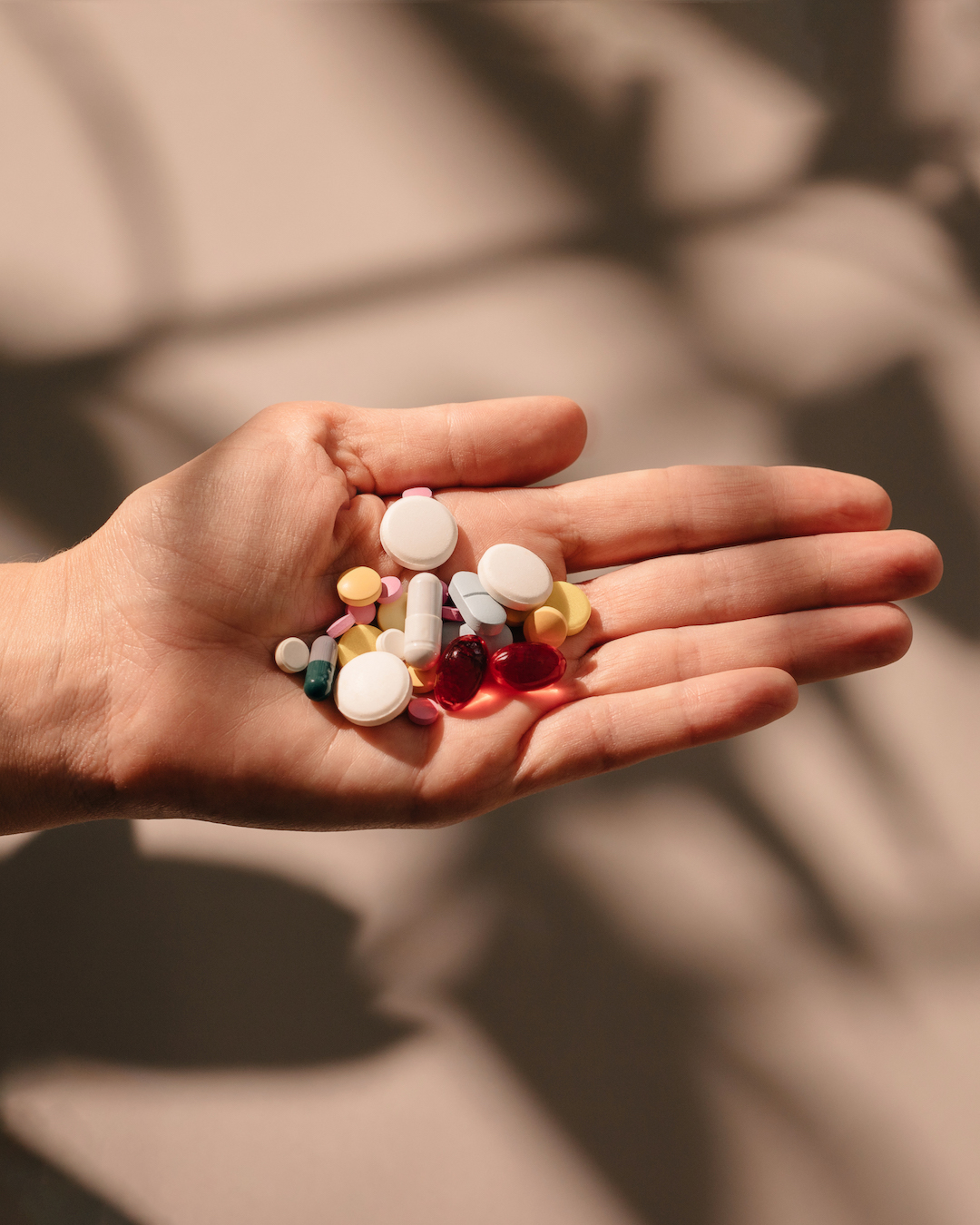
In an attempt to decipher which supplements, if any, really do deliver real results when it comes to skin I reached out to GPs, dermatologists and nutritionists to find out whether you really can supplement your way to spot-free skin. Here’s what I found out…
Can you actually supplement your way to spot-free skin?
Every expert I spoke to was in agreement on one thing, and that is that supplements are rarely a one-stop remedy to spot-free skin. “Supplements can potentially play a role in managing acne, but the evidence is mixed and they are rarely a standalone solution,” explains GP and dermatology expert Dr Sonia Khorana. In fact, Dr Khorana points that many of the acne supplements available over the counter in the UK don’t actually have much evidence to support their efficacy. “Acne is a medical condition influenced by hormones, genetics, inflammation and the skin microbiome. So while supplements can support, a lot of them aren’t backed by strong clinical trials and don’t replace proven treatments like tropical retinoids, benzoyl peroxide, azelaic acid or prescription options when needed,” she says.
However, as part of a more holistic approach to treating acne-prone skin, Dr Khorana does think that there can be a place for supplements. “I always tell patients that supplements can play a supportive role, but they’re not magic bullets and never the main driver when it comes to acne,” she explains. “Certain supplements can help, particularly things like zinc, omega-3s and vitamin D, but as part of a wider treatment plan.”
How long do supplements take to work?
As with anything related to improving your skin, it can take time to see visible results as skin cell turnover takes between 4 and 6 weeks naturally. And working out whether a skin supplement is efficacious can vary greatly from person to person. “Everyone responds to supplementation differently depending on their current nutrient status, how well their gut might be functioning to absorb the nutrients, and lifestyle factors such as stress levels and sleep quality, which can all influence how quickly results might be seen when adding a supplement into your routine,” explains Maz Packham, nutritionist at W-Wellness. “Typically though, with skin-focused supplements you’d expect to see some noticeable effects after 4 to 12 weeks if you take it consistently.”
While you do need to be patient, if you haven’t noticed any improvements after 3 months then Dr Khorana recommends trying something else. “I’d reassess the supplement, the dose and seek professional advice to understand whether the underlying cause of your breakouts has been properly addressed,” she suggests.
Celebrity news, beauty, fashion advice, and fascinating features, delivered straight to your inbox!
The best supplements for spot-free skin
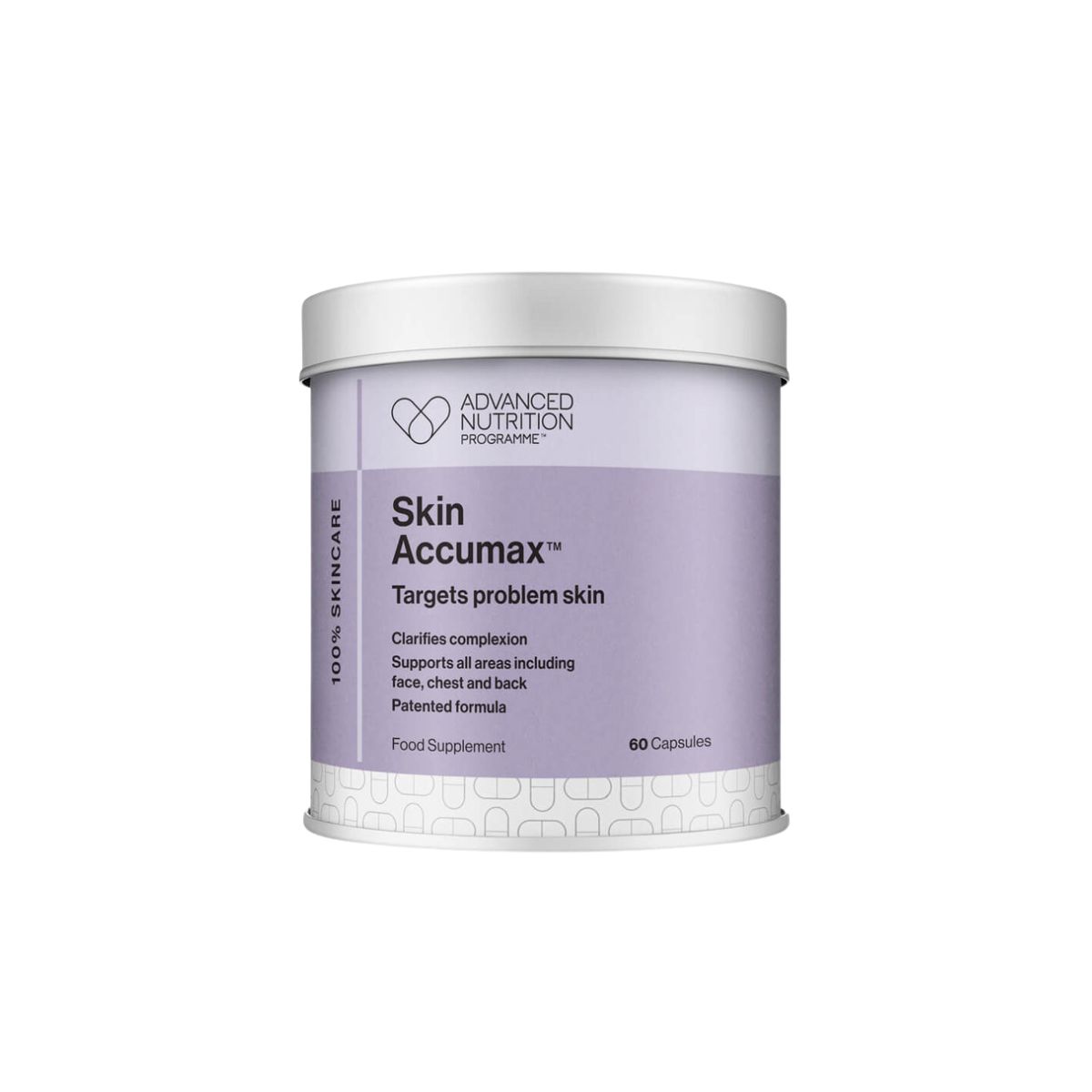
This was the supplement recommended to me by a dermatologist when my breakouts were at their most stubborn, and is a brand that has been recommended to me by facialists and fellow beauty editors over the years. It contains an antioxidant-boosting blend of vitamins A, C and E alongside phytonutrients to support skin health from within and help with cell renewal and repair. I really did notice that alongside a bolstered skincare routine, and nightly retinol, that the frequency of my breakouts calmed and the underlying redness and severity of the spots were dialled back.
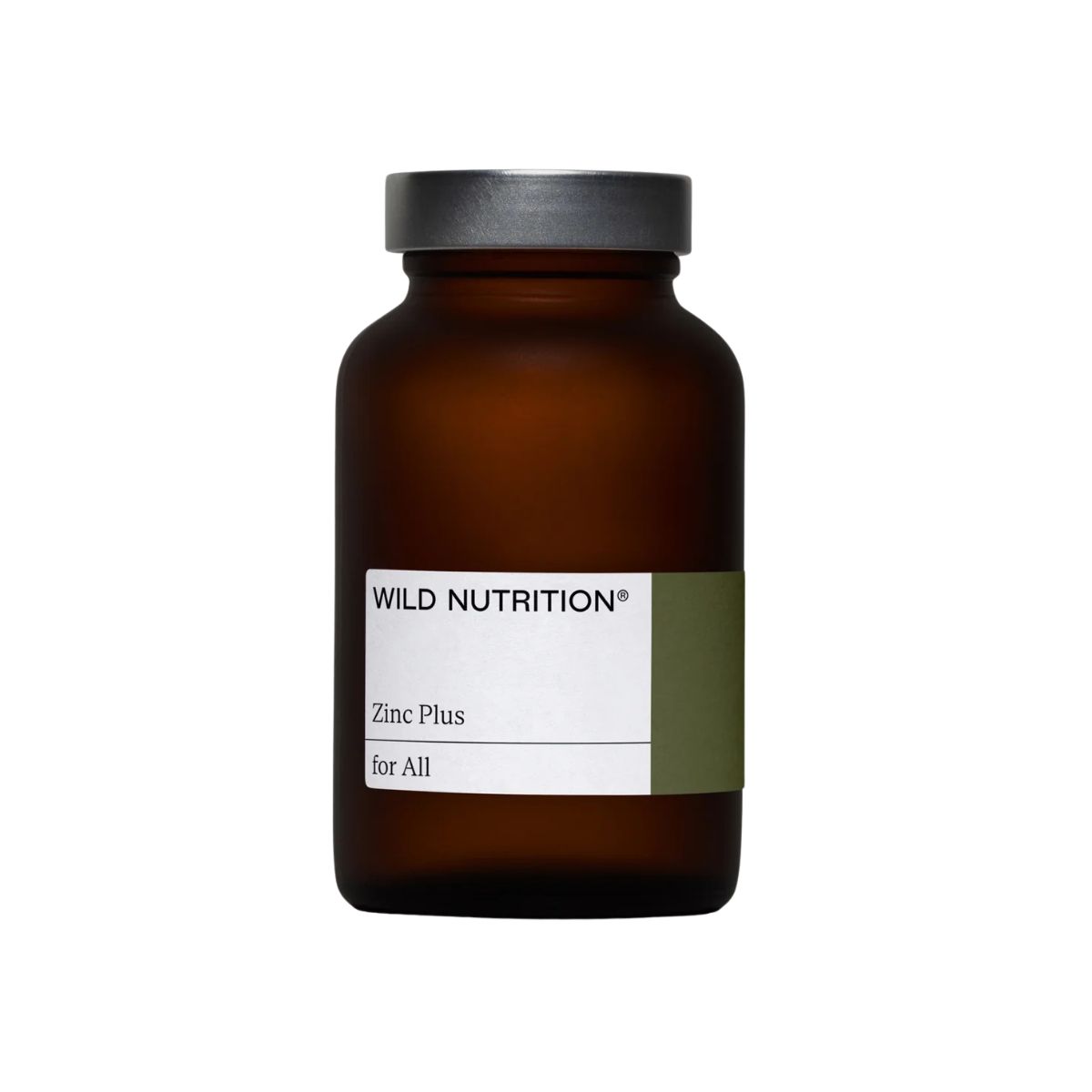
The most-recommended ingredient for supplementing your way to spot-free skin was zinc, and this one uses a food-grown form for gentle absorption. Over time, you can expect acne-flare ups to be less aggressive and skin healing to be improved. It might not be a flashy supplement with bold claims, but it quietly supports skin health and strengthens its resilience against breakouts.
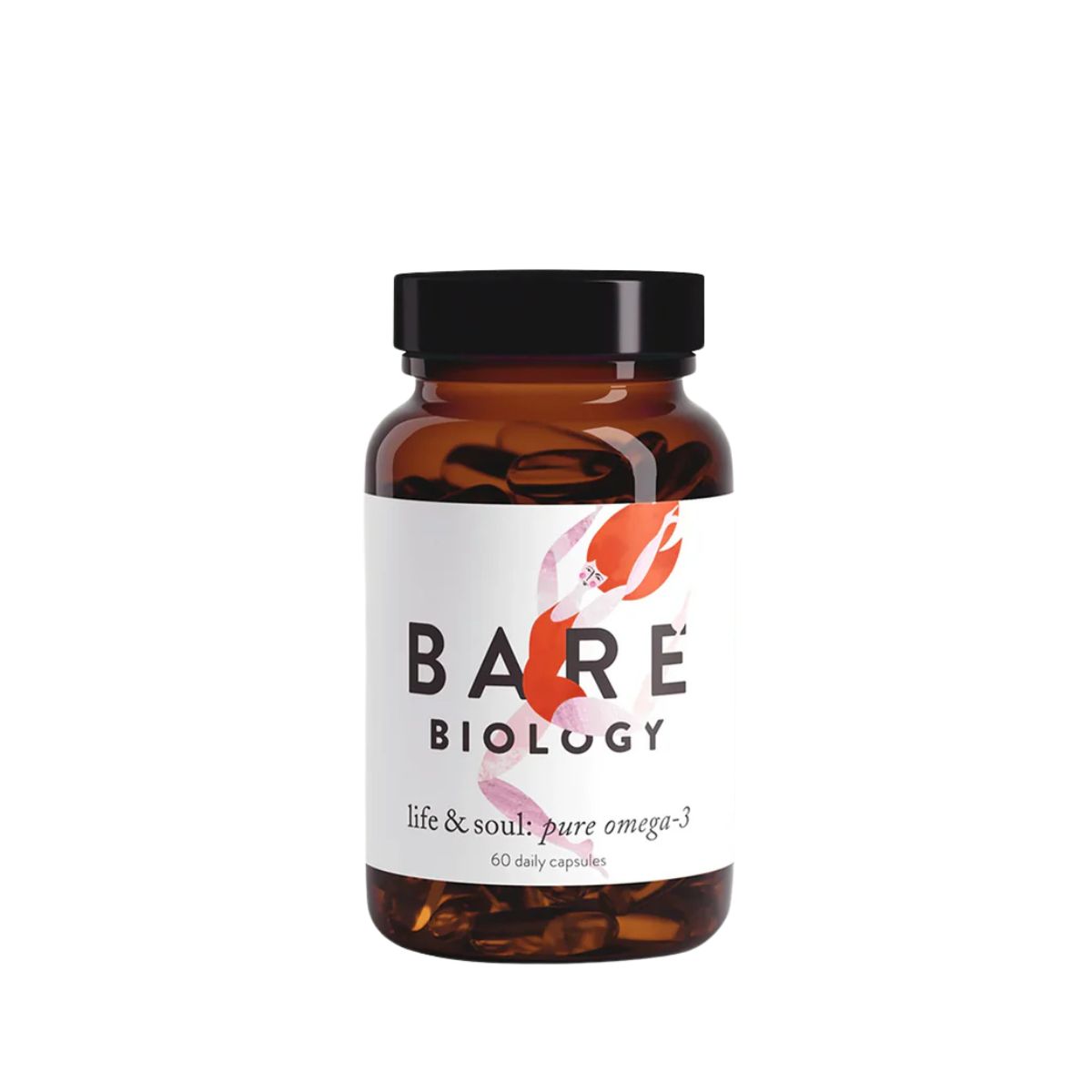
I have dabbled with omega-3 supplements over the years for their general health benefits but, I’ll be honest, I hate swallowing tablets and most of them tend to be huge. These ones from Bare Biology are not only easy to swallow, but they don’t have an overtly fishy flavour either. Of course, they aren’t positioned as an acne supplement, but there is no doubt that taking them regularly helps to regulate inflammation and support your skin barrier for a well-rounded approach to looking after skin.
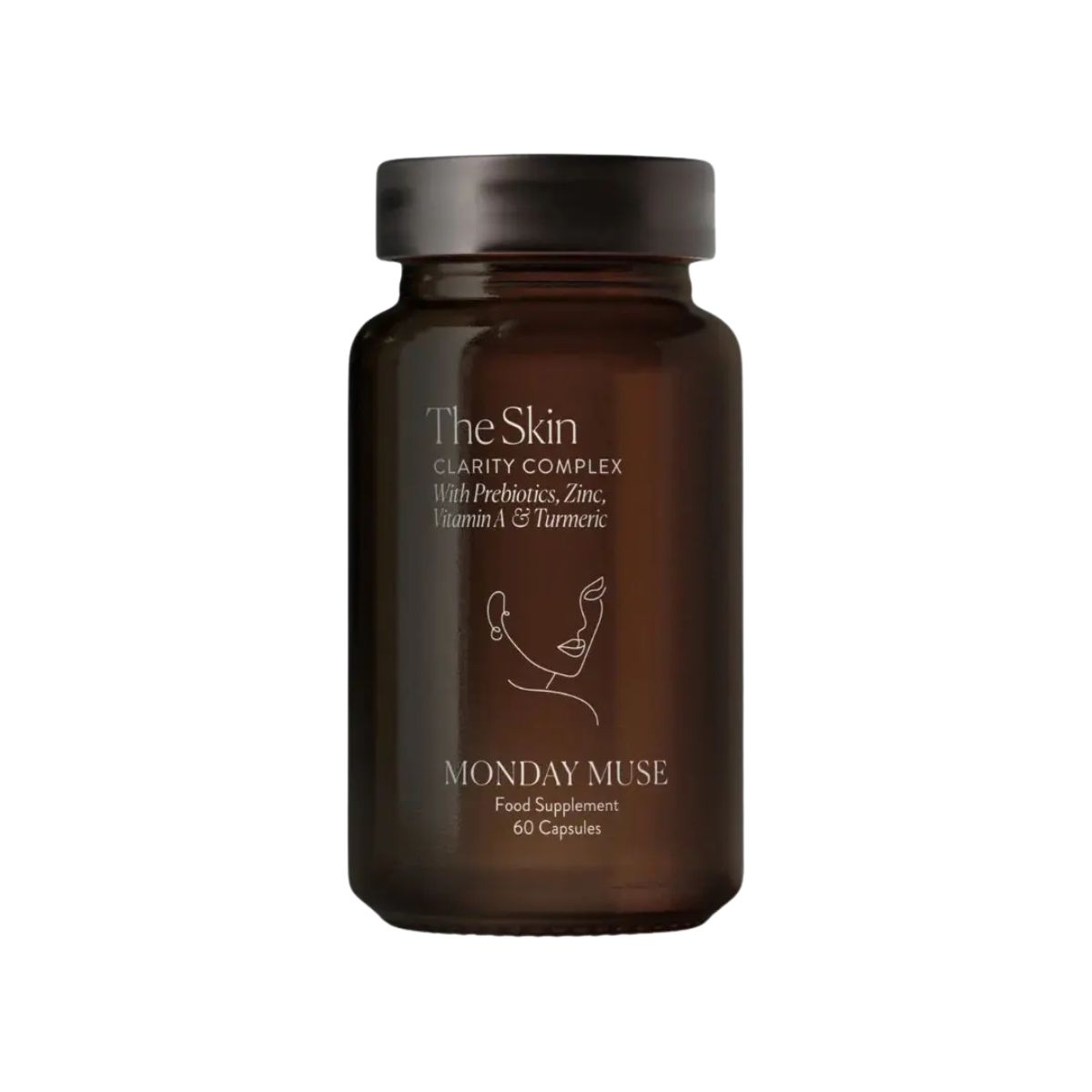
Specially formulated to support blemish-prone skin, this chic looking pot of skin supplements ticks so many of the boxes that the experts I spoke to referenced. It contains a daily dose of probiotics, zinc and vitamins A, B5 and B6 to help really support stress-driven breakouts and reduce more stubborn blemishes that won’t shift. Plus, it focuses on digestive support too which can play a crucial role in skin health.
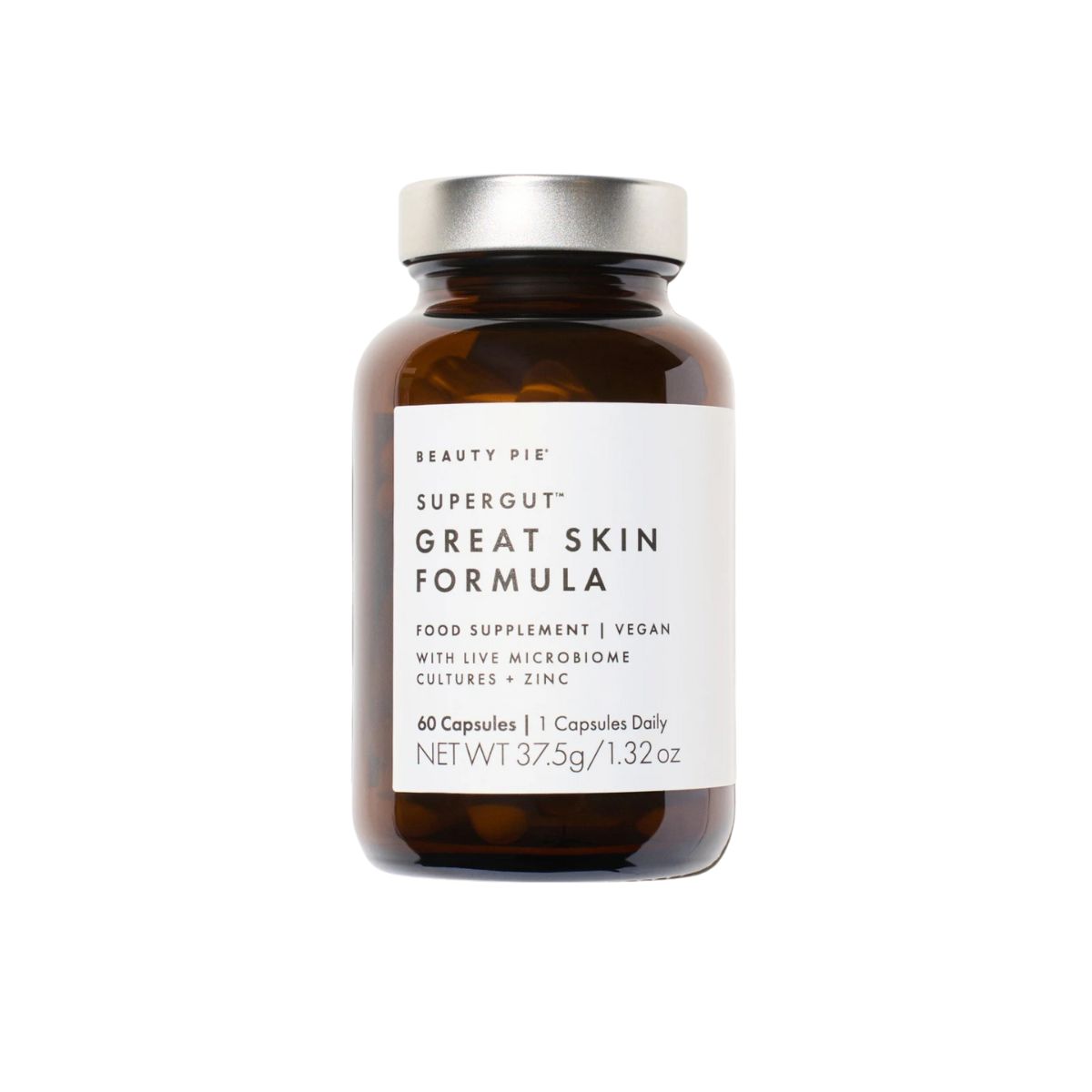
If spot-free skin really does start from within then Beauty Pie has nailed it with this mix of prebiotics, probiotics, zinc and copper. Not only does it support a more settled complexion overall, but it aids digestion and general welbeing—and feeling more balanced and comfortable can only reflect positively on the skin.
How to pick the best supplement for spot-free skin
The market is incredibly oversaturated when it comes to acne supplements so there are some things to consider if you’re looking to choose one. “Try and pick supplements that have been third-party tested and have bigger sample sizes for clinical trials,” suggests Dr Khorana. This should give you some confidence that their efficacy has been more rigorously tested before they’ve hit the shelves.
There are also certain ingredients to seek out if you’re looking to supplement your way to spot-free skin. “Zinc is the most studied acne supplement with a meta-analysis finding lower serum zinc levels in acne patients and supplementation significantly reducing inflammatory acne lesions,” explains Dr Khorana. She advises that you choose a bioavailable form of zinc for better absorption and to be cautious of taking it at higher doses—anything that’s over 30-40mg per day. “There is also some evidence that omega-3s from fish oil can reduce inflammation in acne and that inositol might be good for people with PCOS acne.”
Probiotics are also a great supplement for skin health. “Thy can really positively influence the health of the skin because when we experience imbalance in the gut microbiome, it can lead to systemic inflammation which can affect the skin and manifest as acne or rosacea,” says Packham. “Beta-coretene that converts into vitamin A in the body can also help with cell renewal and repair, vitamin E is a powerful antioxidant with evidence supporting it working well alongside vitamin C to support improvements in acne and selenium is also an important antioxidant nutrient with some studies finding lower selenium levels in people with acne,” Packham explains.
For me, I think that supplementation has definitely provided another tool in my arsenal during a particularly problematic skin period and I’ll reach for them again during flare-ups. However, it’s important to note that when supplementing your way to spot-free skin it needs to work in conjunction with a wider routine. “I always encourage people to use consistent skincare with proven actives like salicylic acid, retinoids or azelaic acid and address underlying triggers like stress, disrupted sleep, diet and menstrual cycle changes which can all flare breakouts,” agrees Dr Khorana.

Mica Ricketts is a freelance beauty editor and contributor to Marie Claire. She has written for titles including Refinery29 and Who What Wear UK, and also works with beauty brands on content messaging and marketing copy. She was previously Who What Wear UK's beauty editor. As someone that has tried basically every acne product on the market, she has a particular passion for debunking skincare myths and finding products that work. Plus, with two small children at home she is all about time-saving beauty routines that boost glow and disguise dark circles.
